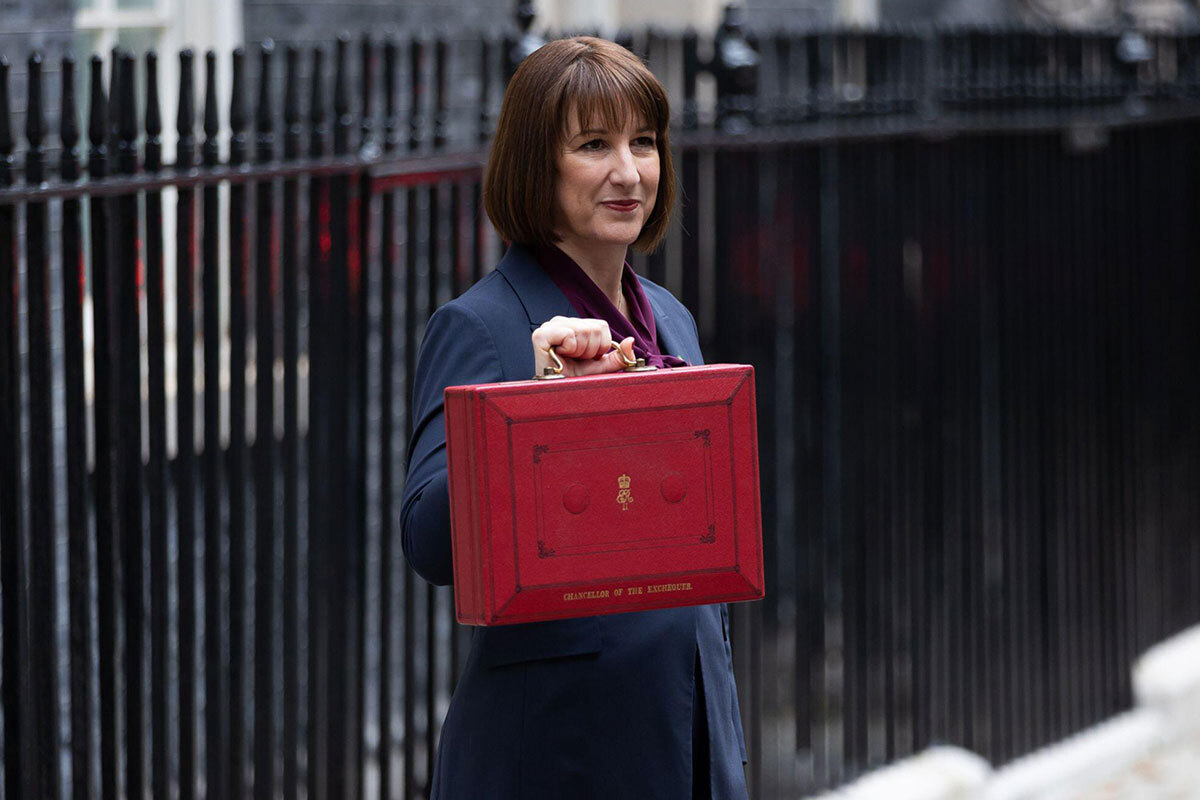
Another four years have flown by, and here we are again, on the morning of the 60th U.S. presidential election.
The U.S. president is often considered one of the world’s most powerful figures, wielding substantial influence over the world’s largest economy and one of its most formidable militaries, albeit limited by a system of checks and balances through Congress. Perhaps it is understandable that the media, politicians, celebrities and business owners alike wish to make their voice heard during campaign season… it is noisy time of year!
At the time of writing, the race remains extremely close. Former President Donald Trump is pursuing a second term for the Republicans, while Vice President Kamala Harris hopes to make history as the first female president for the Democrats. Polls and betting markets are sharply divided; predictive sources like The Economist and other major polls lean toward a Harris victory[1], yet many prominent bookmakers see Trump as the frontrunner[2].
It has been a roller coaster, what with President Biden’s withdrawal from the race, an assassination attempt that thankfully failed, Elon Musk coming in to bat for Trump and Taylor Swift for Harris, and the usual fierce partisanship from both sides. One way or another, we will soon wake to the news of the victor and the serving president for the next four years.
For investors, it is natural at times of political uncertainty to wonder whether they ought to act, perhaps altering their portfolio to position for a specific outcome, or to move money into cash deposits until things ‘settle down’. Some choose to invest this way, mostly at their peril, as very few managers possess the ability to consistently predict such events[1].
A better strategy, as is adopted in your portfolio, is to outsource this guesswork to the market itself, relying on the millions of daily participants to come up with their expectations and reflect them in prices. Thankfully, given both democrats and republicans support capitalism and believe in personal freedom and property rights, this strategy is a tried and tested approach to investing.
The chart below shows the Global equity market return over the last century or so, where the colours represent whether the sitting US president was Republican (red) or Democratic (blue) at the time. There is little to draw from the red and blue sections, both parties have resided over some fantastic periods, and some not so fantastic ones. However, the ability of capitalism to create wealth despite the ups and downs is evident, with $1 invested in 1926 becoming nearly $10,000 by 2024.
Figure 1: Democratic (blue) and Republican (red) Presidents and equity market returns

Source: Dimensional Returns. Index: Albion World Stock Market Index[1]. Date: 07/26-09/24. Returns in USD.
The challenge is that it is not enough to know what the outcome of this election will be, one also needs to know – without the benefit of hindsight – how the market will react once the event occurs. Would a Trump victory be good or bad for markets? What about a Harris win? Answering these questions is akin to guesswork, despite what some of the financial press might have us believe.
Whilst guessing against randomness is impossible, taking on the known risk that equity returns are far less certain than holding cash rewards investors who ignore this short-term noise and focus on the long-term. The choice of the US President is important to some, but to the long-term investor it is largely irrelevant.
“He who lives by the crystal ball will eat shattered glass.”
Ray Dalio, CIO of Bridgewater Associates
Important Notes
This is a purely educational document to discuss some general investment related issues. It does not in any way constitute investment advice or arranging investments. It is for information purposes only; any information contained within them is the opinion of the authors, which can change without notice. Past financial performance is no guarantee of future results.
Products Referred to in this Document
Where specific products are referred to in this document, it is solely to provide educational insight into the topic being discussed. Any analysis undertaken does not represent due diligence on or recommendation of any product under any circumstances and should not be construed as such.
[1] The Economist (2024). https://www.economist.com/interactive/us-2024-election/prediction-model/president
[2] Oddschecker – US Presidential Election. https://www.oddschecker.com/politics/us-politics/us-presidential-election/winner





















Recent Comments